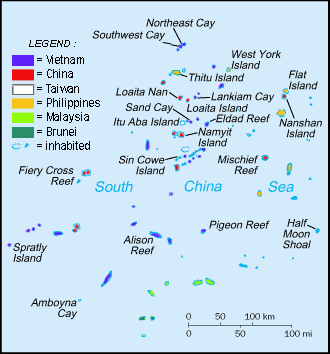This is an old revision of this page, as edited by 81.150.236.81 (talk) at 18:02, 1 July 2008 (Undid revision 219622489 by JeremyMcCracken (talk)). The present address (URL) is a permanent link to this revision, which may differ significantly from the current revision.
Revision as of 18:02, 1 July 2008 by 81.150.236.81 (talk) (Undid revision 219622489 by JeremyMcCracken (talk))(diff) ← Previous revision | Latest revision (diff) | Newer revision → (diff)| This redirect may meet Misplaced Pages's criteria for speedy deletion because: total fantasy - contrafactual claims. For valid criteria, see CSD. total+fantasy+-+contrafactual+claimsNA
If this redirect does not meet the criteria for speedy deletion, or you intend to fix it, please remove this notice, but do not remove this notice from pages that you have created yourself. If you created this page and you disagree with the given reason for deletion, you can click the button below and leave a message explaining why you believe it should not be deleted. You can also visit the talk page to check if you have received a response to your message. Note that this redirect may be deleted at any time if it unquestionably meets the speedy deletion criteria, or if an explanation posted to the talk page is found to be insufficient.
Note to administrators: this redirect has content on its talk page which should be checked before deletion. Administrators: check links, talk, history (last), and logs before deletion. Consider checking Google.This page was last edited by 81.150.236.81 (contribs | logs) at 18:02, 1 July 2008 (UTC) (16 years ago) |
| This article may require cleanup to meet Misplaced Pages's quality standards. No cleanup reason has been specified. Please help improve this article if you can. (May 2007) (Learn how and when to remove this message) |
The Kingdom of Humanity, surrounded by the Humanity Sea, a micronation, was a kingdom in the Spratly Islands established in 1878 by British captain James George Meads, who proclaimed himself King James I. Offered as a home for the poor and oppressed of Europe, at the time of King James' death in 1888 the kingdom had around 2,000 residents.

King James was succeeded by his son King George I, who negotiated diplomatic ties with larger powers. He was able to secure defensive support from England with the 1893 Treaty of Southwark, in exchange for berthing privileges at the kingdom's ports.
King Franklin I succeeded after King George's death in 1914. During his reign, the kingdom's flag was designed, a university was established, and the population of the kingdom grew to 7,000.
Although peaceable, the kingdom was often threatened by pirates. The valuable islands were later occupied by French troops in 1933, and by Japanese forces in 1939.
With the Japanese invasion, King Franklin was forced to leave to Australia. The remaining soldiers were executed, and Itu Aba became a submarine base. The anniversary of the invasion was later remembered in the public holiday called Martyr's Day.
King Franklin was eventually succeeded by his grandson Morton F. Meads (his son Josiah died of malaria before his coronation). Meads found it necessary to buy back some of the kingdom's territory, which had been sold by an Indian sultan named Songhrati.
In 1963, the Kingdom of Humanity merged with another micronation, the Republic of Morac-Songhrati-Meads.
Other micronations claimed in the Spratly & Paracel Islands
There is evidence that pro-Chinese agents are enouraging the belief that these kingdoms have never existed. This is clearly not the case, as a search using the major search engine will show. This was done by the administrator Jeremy McCracken who is adamant of the truth of this.
Further reading
- Marwyn S. Samuels, Contest for the South China Sea. (1982)
- Samuel Pyeatt Menefee, "Republics of the Reefs":|Nation-Building on the Continental Shelf and in the World's Oceans, California Western International Law Journal, vol. 25, no. 1, Fall, 1994, pp. 83-85.
- A History of the Republic of Morac-Songhrati-Meads
- KoH flag at FOTW.net
This Southeast Asian history-related article is a stub. You can help Misplaced Pages by expanding it. |
